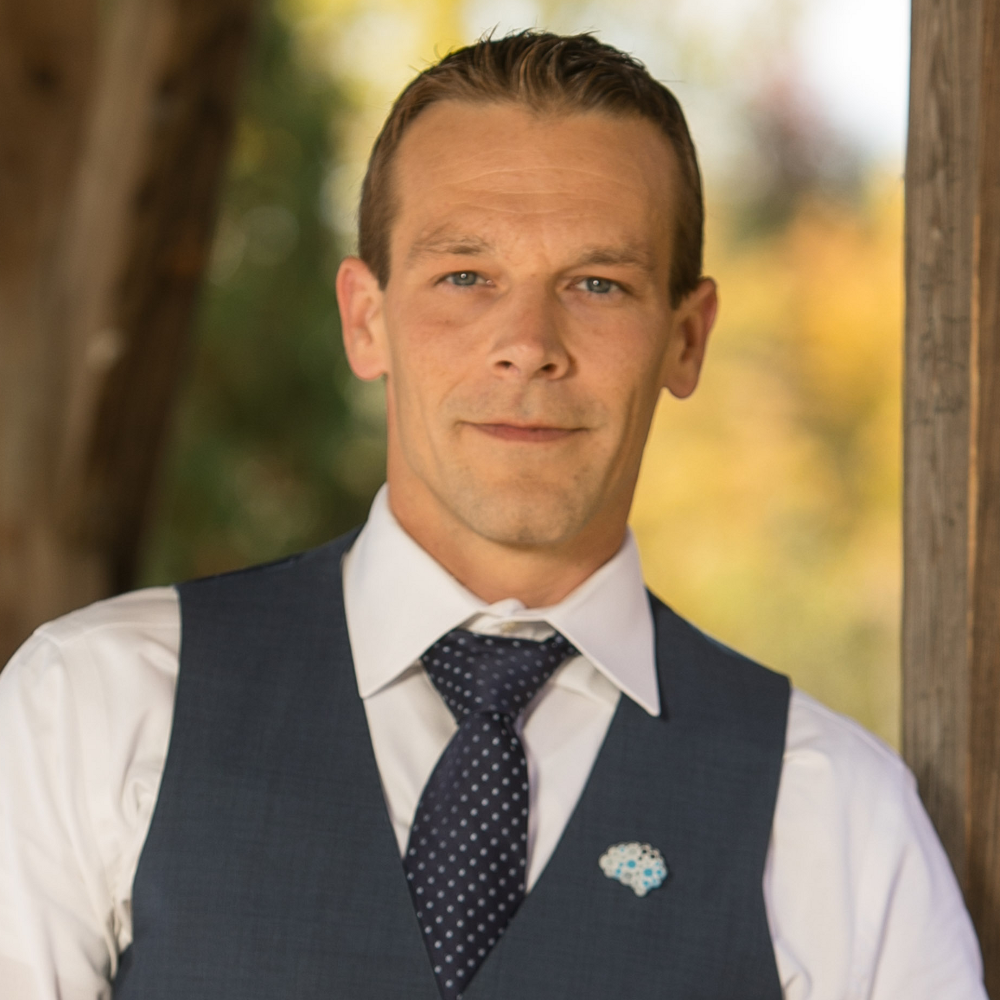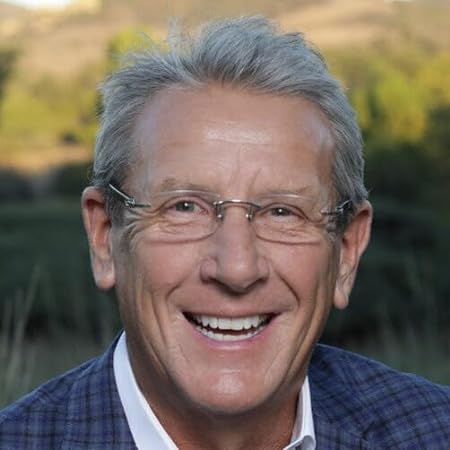
Jay Johnson is the CEO of Coeus Creative Group – a professional training, coaching and management consulting firm. Jay has spent more than 15 years guiding leaders in organizational culture, working with companies such as Ford Motor Company, NASA, General Dynamics, Stellantis, Kentucky Fried Chicken, Johns Hopkins and Nikon. He is an active keynote speaker, author, and he has many millions of views on his TEDx talk on how to deal with difficult people.
Key Takeaways
(00:00-05:45) Insights on Handling Difficult People
(05:45-14:33) Curiosity as a cornerstone of effective communication
(14:33-21:37) The value of humility and accountability in communication
(21:37-28:55) The power of personalized storytelling
(28:55-35:36) Applying behavioral science and neuroscience to communication
📱 Apple Podcasts | 🎧 Spotify | 🔗 iHeart
Mastering Interactions
Jay Johnson, an expert in organizational culture, emphasizes the power of self-control in challenging interactions, advocating for a mindful pause inspired by Stoic philosophy to enable thoughtful responses. He introduces the Predictive Behavioral Intelligence Model for proactively addressing difficult behaviors by recognizing patterns and underscores the importance of self-awareness regarding our own tendencies in improving interpersonal dynamics.
1. Insights on Handling Difficult People
Jay Johnson, a seasoned expert in organizational culture, shares with us why it is important to maintain composure in the face of adversity, diving straight into the heart of the matter.
He underscores the idea that while we can't control others' behavior, we possess the power to regulate our own reactions—a pivotal insight for anyone navigating tough interactions.
Jay, inspired by Stoic philosophy, shares an idea about creating a pause between what happens and how we react, encouraging thoughtful responses instead of snap reactions. He also presents the Predictive Behavioral Intelligence Model —a helpful tool to spot patterns in challenging behaviors and handle them proactively.
Jay also talks about how relevant it is to understand our own inner drives in order to deal with problems. We can improve how we deal with others when we are aware of our individual tendencies, like whether we are collaborative or competitive.
It's your heart attack. And you should not be having a heart attack because of somebody else's behavior. If we recognize that we can only control ourselves, then we need to look at tactics to be able to give ourselves the best opportunity to navigate some of those situations. (Jay Johnson)
2. Curiosity as a cornerstone of effective communication
Alex shares the importance of communicating with values that are in line with each other and understanding different points of view. He addresses the significance of sharing data sets and how new tools like RELAYTO can help bridge communication gaps.
Jay expands on the concept, encouraging listeners to embrace curiosity as a cornerstone of effective communication. He suggests questioning reactions and exploring the underlying reasons behind behaviors, emphasizing the value of understanding others' contexts and experiences.
They continue the conversation with a focus on the challenges that both communicators and recipients have to deal with. Alex says that communicators need to make sure their words get through to the right people. One way to do this is to add video introductions to presentations to make them seem more personal.
When we think about how people show up, we all are limited by our own experiences, our own knowledge base, the way in which we interpret the world and the way that we've been influenced by external factors such as culture, socioeconomics, etc. One of my big pieces is to always be curious. (Jay Johnson)
3. The value of humility and accountability in communication
Jay goes into detail about the relevancy of tone in writing and gives useful advice for being clear and honest. He supports methods such as making the tone of messages clear and adding voice notes or short videos to written material to help people understand it better.
Jay also stresses how important it is to be humble and responsible when communicating. He knows that mistakes are going to happen and that facing up to them is important for building trust and making relationships stronger.
Alex talks more about the problems with digital communication, especially when it comes to showing nonverbal signs like tone of voice and body language. He also comments on common mistakes people make, like when the content of a message doesn't match the tone that was meant, and how to ensure that written and visual communication work together to have the most effect.
We are all human. We all make communication gaps and errors. A little bit of humility in that space can really go a long way to furthering trust and building that relationship in a way that is mutual and that the next time that we communicate it's more effective than the last. (Jay Johnson)
4. The power of personalized storytelling
Jay sheds light on the research behind communication breakdowns, focusing on the impact of body language, tone, and spoken word. He underscores the importance of congruence between message content and delivery, urging listeners to prioritize enthusiasm and energy in their communication efforts.
Jay also gives useful tips on how to assess the effectiveness of written proposals, stressing the importance of human connection and staying away from monotony. He tells the audience to read their proposals out loud and see how the words make them feel. They should also ask for comments to make sure they're meeting the expectations of their readers.
Alex adds to the idea of trust in conversation by pointing out how important stories are for keeping people interested. He talks a lot about the power of personalized storytelling, in which customers can see themselves as the stars of the story. This builds trust and makes communication more memorable.
Whether it's a written document, speech, training or anything else, humans understand the world around them based on stories. (Jay Johnson)
5. Applying behavioral science and neuroscience to communication
Alex points out the power of letting people choose the stories that resonate with them. He stresses the need to move away from traditional one-way monologue communication toward a more interactive and personalized approach.
Jay brings up the fundamental human need for reciprocal dialogue and engagement. He draws parallels between communication and dating, highlighting the importance of gradually building trust and rapport rather than overwhelming audiences with expansive content.
They continue sharing their ideas about using neuroscience and behavioral science to improve communication. Jay offers a roadmap to help you better understand and connect with others by suggesting that you explore your communication style through assessments.
Check the episode's Transcript (AI-generated) HERE.
Other Episodes

Godard Abel | CEO of G2
S 01 | Ep 6 Where You Go for Software: Reach Your Peak

Dean Stocker | CEO of Alteryx
S 01 | Ep 8 Turning Your Customers Into Your Biggest Champions

Peter Fader | Co-Founder of Theta CLV
S 01 | Ep 10 Turning Your Marketing Into Dollars